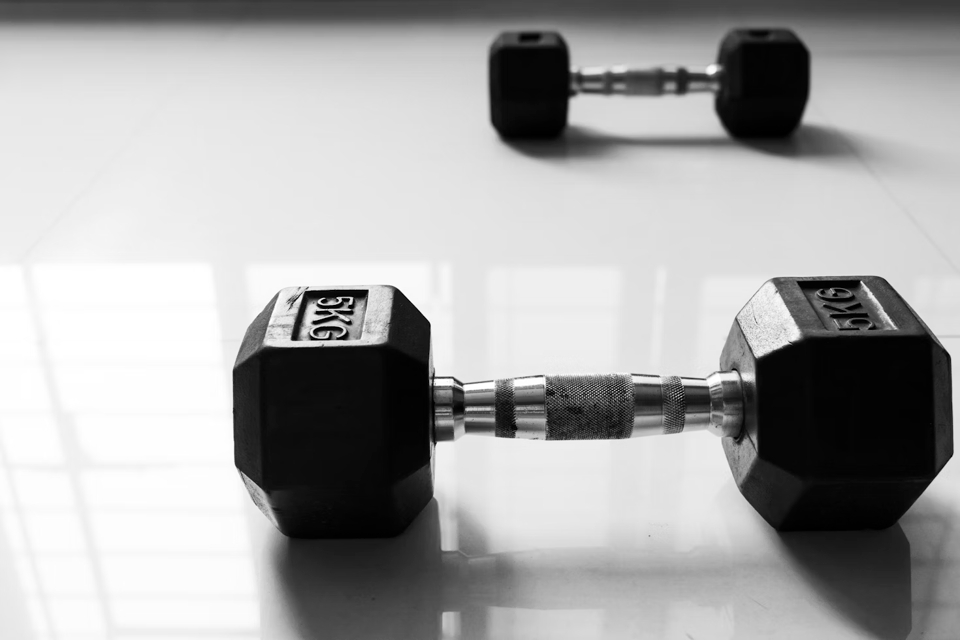It's Probably Time For a Deload
As you may know — mostly since I won’t shut up about it — I’ve lost more than 53 pounds since last November. (I recently created this page that explains exactly how.)
Two weeks ago, though, I started feeling a bit… run down. I was getting way too tired, way too early in the day. I mentioned this to my trainer, and his advice was immediate: It was time for a deload.

I hadn’t heard that term before, but I was able to infer what it meant. When I went to look it up online, of course, autocorrect immediately switched it to reload, which is essentially the opposite of what the plan was.
In strength training, essentially, a deload means either taking a week off, or taking a week with significant reductions (in weight, reps, or both). My trainer was clear: He advised I simply stop strength training entirely for a week, to give my nervous system and muscles more time off to rebuild.
Oh, how I complained.
I mean, I didn’t complain like crazy. There was part of me that loved the idea of three strength training days off, skipping out on those squat lifts and bench presses and all the rest. But I was also worried: Would I lose my muscle tone? Would my weight loss falter?
For the first time since I started working with my trainer last year, I thought about explicitly rebelling and doing some small strength workouts. I didn’t do it, though. I listened. To both my trainer, and my body.
And I’ll be damned if my energy levels didn’t significantly improve! Also, I weigh 3.5 fewer pounds than I did a week ago.
We are bad at deloads, across all aspects of our life. Many of us struggle with shutting off work — when we’re home, when we’re on vacation… We’re always connected and we can always see our inboxes and Slack, and there’s always more work. And so we feel obligated or even motivated to always be on, all the time.
That motivation itself isn’t a bad thing. But you know what’s even better? Self-care.
I get the Internet package when I go on a cruise, because I feel more stress being totally offline than I do keeping tabs on my work email. But I also have a rule that I will only respond to work email on vacation on certain days, in certain time windows. It’s a work deload.
I also have a rule — easier, admittedly, since I work for myself — that I don’t work when I’m not in my (home) office. If I have a work email to reply to, I get up and go back to the office. I’m forcing myself to recognize that work is work and life is life. I get that we can’t all always do that, but the practice is a good one; it demonstrates to both yourself and the folks around you that you have your work life and your home life.
I’m meant to deload from weight lifting once or twice a year. There’s a benefit to your mind, body, and work product in deloading even more frequently throughout the year on the work front. That’s not about vacation time as much as it is allowing yourself freedom to have hours and days that are yours, and not your job’s. Even if you love your job, even if your job is joyful, you get you time, too.
Add a comment: